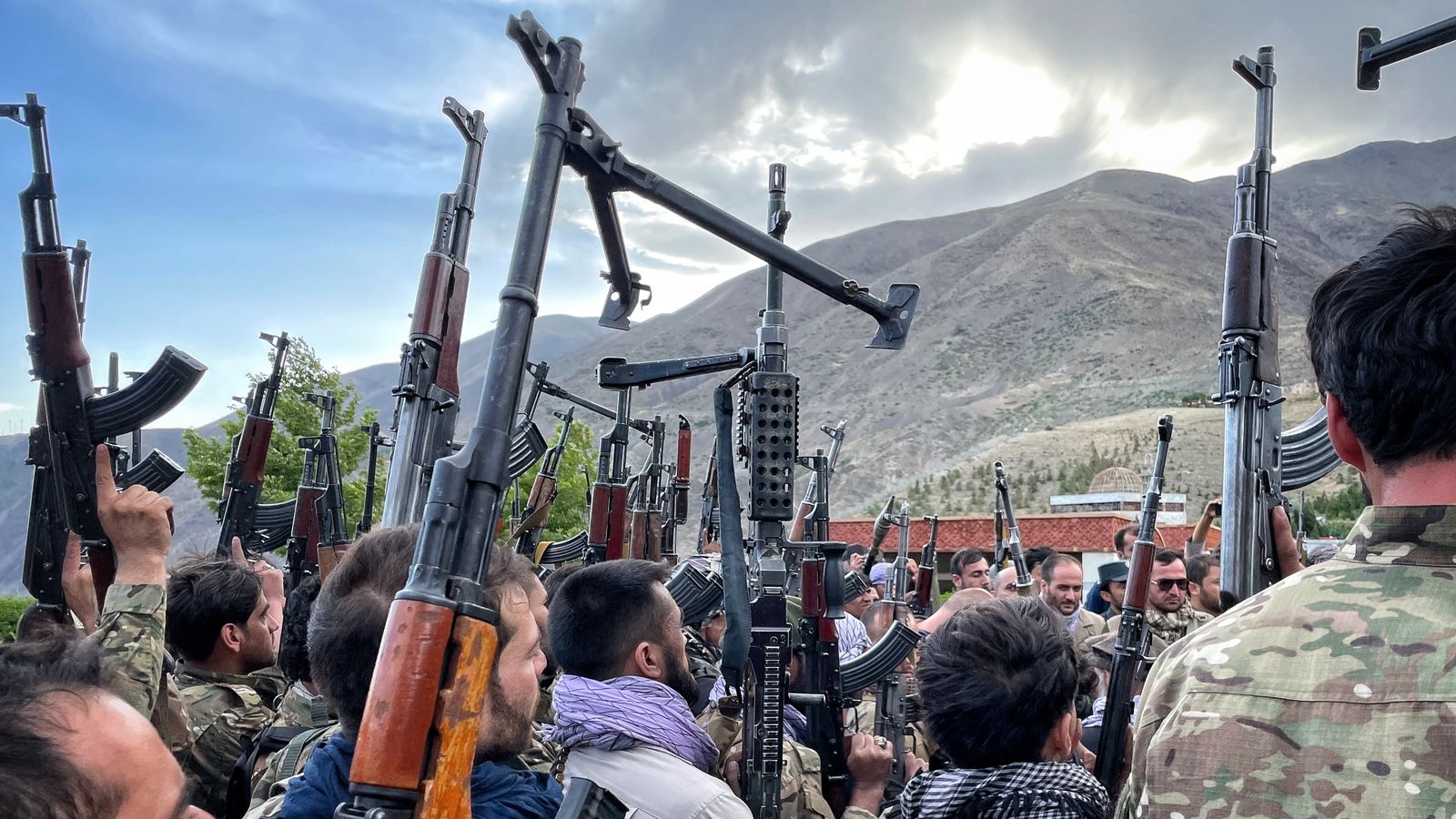
The 8 non-Taliban leaders who will decide the future of Afghanistan
Taliban is in talks with warlords and representatives from various communities. The group will need their co-operation to prevent civil war

Taliban leaders are holding talks with various stakeholders in Afghanistan in an attempt to form an inclusive government in Kabul. Afghanistan is a multi-ethnic and mostly tribal society and the militant group will have to consider the aspirations of the country’s various groups if it wants to avoid a return to the previous era of civil war and anarchy. An inclusive approach to governance will also help the Taliban convince its neighbours and the wider world that it is not the same group that ran the country in the late 1990s and early 2000s.
Also read: Here are the top six leaders of Taliban and details of what they handle
The Taliban’s membership is drawn largely from the majority Sunni Pashtun population, which is dominant in the south. But Afghanistan’s population includes at least a dozen other ethnic groups, including: Uzbek, Tajik and Hazara. A stable governing formation will need to include warlords and representatives from these communities.
Here are the people the Taliban needs to have on board:
Gulbuddin Hekmatyar, 72, Two-time Prime Minister
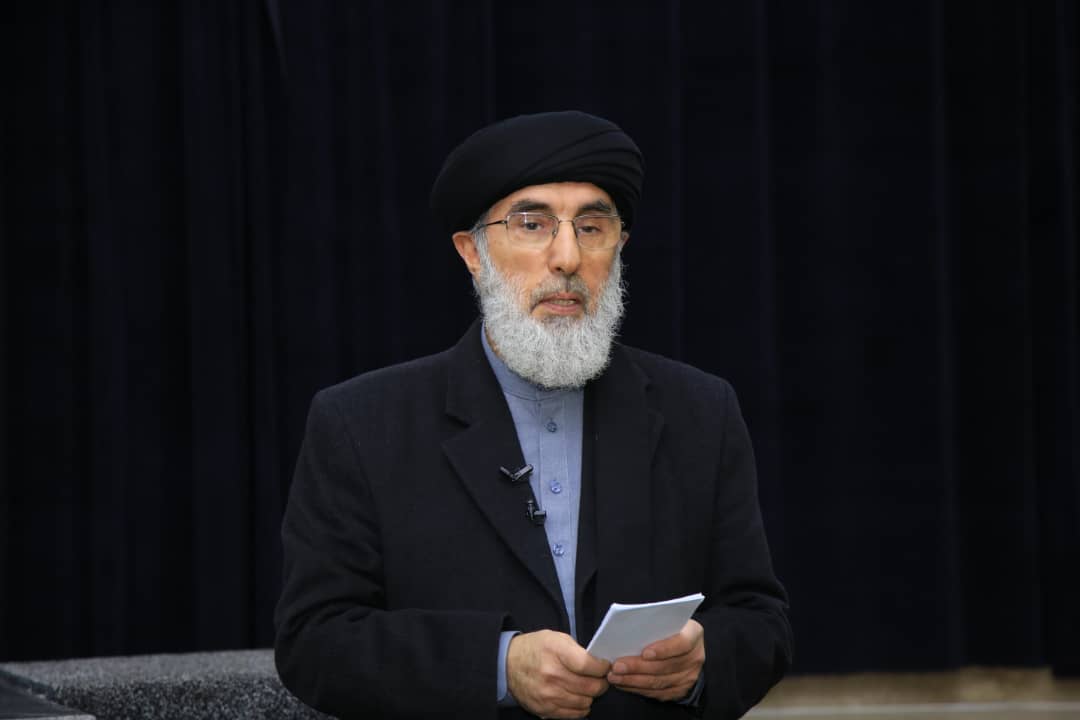
The leader of the Hizb-e-Islami Gulbuddin is a long-time survivor in Afghan politics. He was part of the mujahideen who fought the Soviet-Afghan War (1979–1989) and twice became prime minister in the 1990s. He has been both an ally and an enemy of the Taliban over the last 25 years. Hekmatyar has been sanctioned by the US as a “specially designated global terrorist”.
Following the invasion/occupation of Afghanistan in 2001, by US and NATO, Hekmatyar supported suicide attacks on coalition troops and had close links with Al Qaeda. He also has deep, long-standing links with Pakistan’s ISI. Hekmatyar is a member of the Kharoti tribe of the Ghilji Pashtun – one of the largest tribes of Pashtun.
Hamid Karzai, 63, Former President
A Pashtun of the Popalzai tribe, Hamid Karzai was president from 2001 to 2014. During his time as the country’s leader, Karzai, who has a master’s degree in international relations and political science from Himachal Pradesh University, fell out with the US over its use of drones and his refusal to sign a security pact that would have let US troops stay beyond 2014.
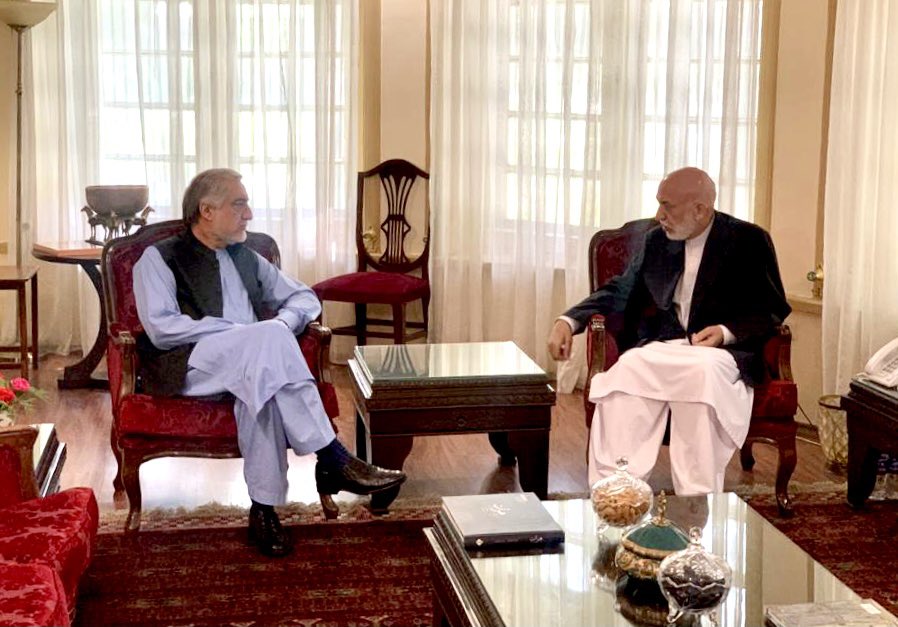
Abdulllah Abdullah, 60, Former CEO
Abdullah Abdullah, a doctor-turned-politician, is the son of a Pashtun father from the Kandahar area and a Tajik mother from Panjshir. He was once an adviser to the leader of the Northern Alliance, Ahmad Shah Massoud, who fought the Russians and the Taliban. Now he is negotiating a peaceful transfer of power with the Taliban.
Abdullah, who is considered a ‘friend’ of India, ran for president twice and came very close to victory in 2014. A dispute over the results prompted former US secretary of state John Kerry to broker a power-sharing deal between Abdullah and Ashraf Ghani.
Abdul Rashid Dostum, 67, Warlord and Former Vice President
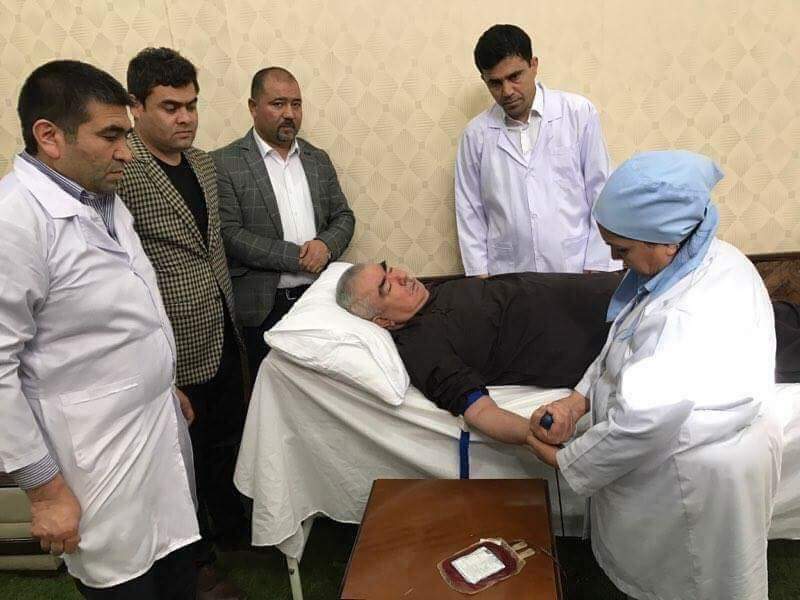
Abdul Rashid Dostum is regarded as one of the most powerful and notorious warlords in the country, known for siding with winners during different wars over the past four decades.
The Uzbek leader was a big part of the Northern Alliance. He backed Ghani’s government and was vice president for six years from 2013. Dostum has been accused of war crimes, including mass killings. He spent several years in Turkey on health grounds.
Also read: Taliban’s peace vows float but people fear a brutal run in Afghan
Dostum flew back to Afghanistan just as the Taliban was making rapid gains, and he was expected to defend the northern city of Mazar-e-Sharif. But the city fell, forcing Dostum to flee. His current location is unknown.
Amrullah Saleh, 48, Former Intelligence Chief and Vice President
Amrullah Saleh declared himself “the legitimate caretaker president” when Ghani fled the country. He joined Ghani’s government in 2017 as interior minister and also led the country’s intelligence agency. Saleh has survived multiple assassination attempts by the Taliban and is now one of the faces of the Panjshir Resistance, the anti-Taliban force, along with Ahmad Massoud (the son of Ahmad Shah Massoud).
Ahmad Massoud, 32 Rebel Leader
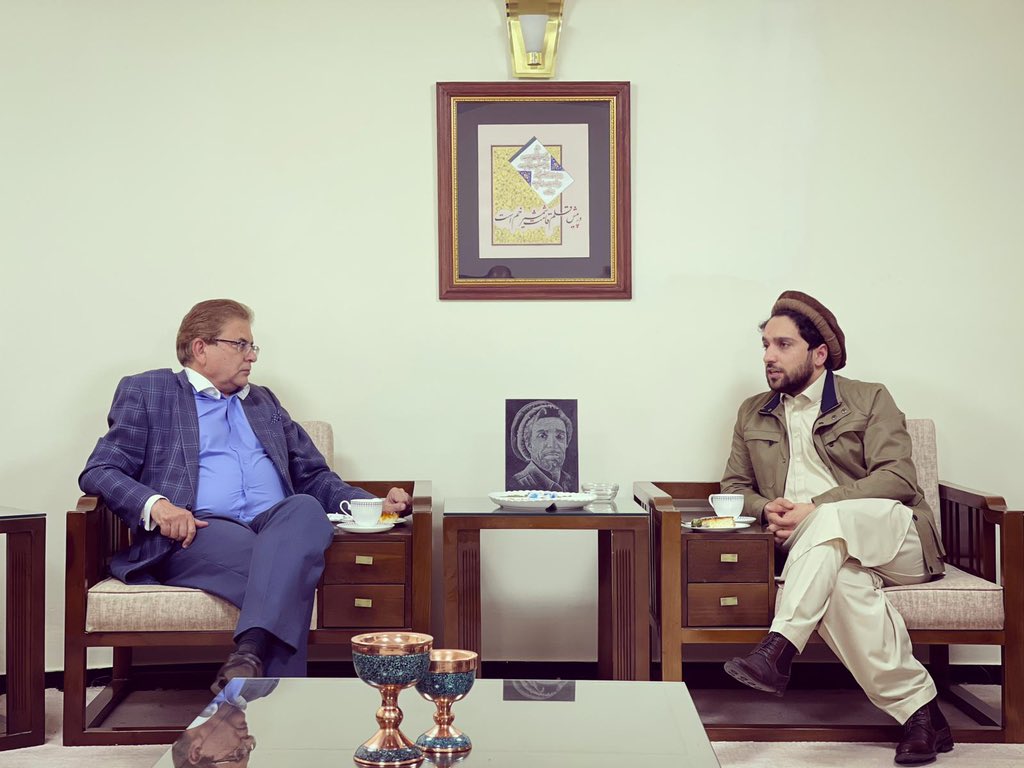
The son of the legendary Tajik commander has vowed to fight the Taliban from his holdout in Panjshir Valley. In an op-ed in The Washington Post last week, the UK-educated Massoud urged the West to support the resistance with money and arms.
“America and its democratic allies do not just have the fight against terrorism in common with Afghans. We now have a long history made up of shared ideals and struggles. There is still much that you can do to aid the cause of freedom. You are our only remaining hope,” he wrote.
Ata Mohammad Noor, 57, Tajik Leader
A Tajik, Ata Mohammad Noor has been involved in Afghanistan’s wars since the Soviet invasion and is an enemy of the Taliban. He was governor of the northern Balkh province, the most prosperous in Afghanistan, until he was removed by Ghani in 2018.
Earlier this year as the Taliban gained momentum, Noor called for new militias and a people’s uprising to fight the militants. He is currently in Uzbekistan.
Karim Khalili, 71, Hazara Leader
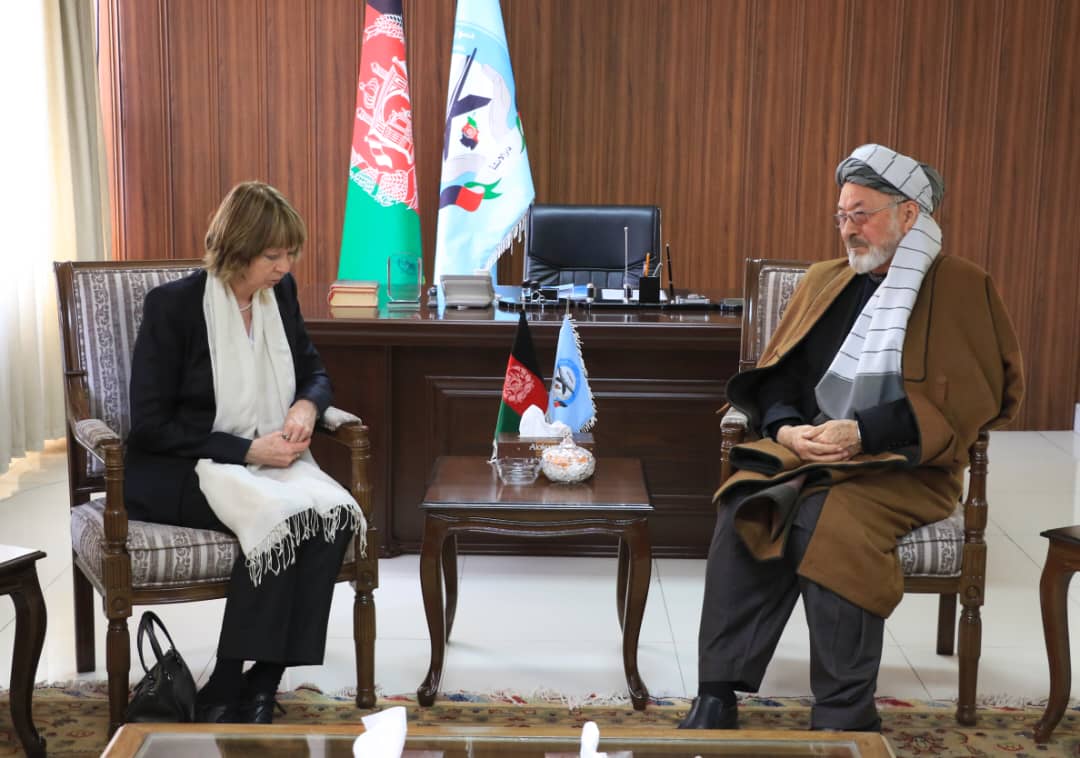
The former vice president is a prominent member of the Shia Hazara community, the Persian-speaking group native to, and primarily residing in, the mountainous region of Hazarajat, in central Afghanistan. The Hazaras are the third largest ethnic group in Afghanistan.
Khalili took part in the Afghan resistance during Soviet invasion and also served as minister of finance in the mujahideen government in the early 1990s.
He was part of the delegation that went to Pakistan after the Taliban takeover. In a Facebook post last week, he said he hoped the group would form a stable political order. “The future of Afghanistan depends on it,” he said.


